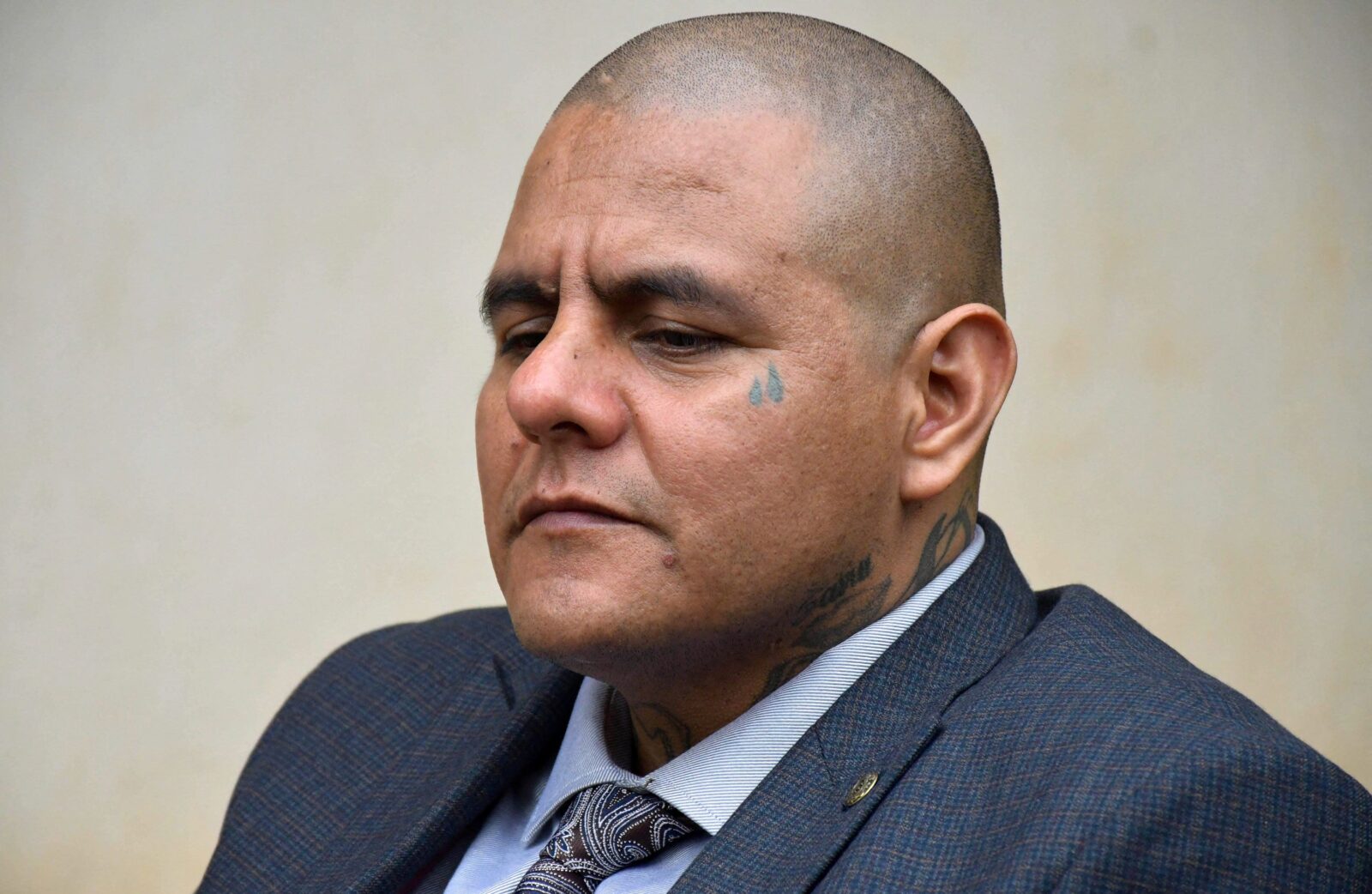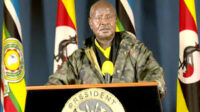A Mexican national who was controversially deported to South Sudan by the United States has finally returned to Mexico, bringing renewed attention to the Trump administration’s controversial deportation policies and raising questions about international law, human rights, and due process.
South Sudan’s Ministry of Foreign Affairs confirmed the departure of J. Jesus Muñoz Gutierrez on Saturday, describing it as “smooth and orderly.” According to Ambassador Apuk Ayuel Mayen, Muñoz was formally released into the custody of Alejandro Estivill, Mexico’s ambassador-designate to South Sudan, before boarding a flight out of Juba International Airport. The transfer ends months of legal and diplomatic wrangling over the fate of Muñoz, whose deportation to an East African country with which he had no connection shocked observers and sparked international criticism.
Speaking to reporters before boarding his flight, Muñoz described his ordeal as a violation of his rights. “I felt kidnapped,” he said, explaining that while his deportation from the United States was expected, he never imagined he would be sent to South Sudan, a country to which he has no ties. “I was not planning to come to South Sudan, but while I was here, they treated me well. I finished my time in the United States, and they were supposed to return me to Mexico. Instead, they wrongfully sent me to South Sudan.”
Officials from the US Department of Homeland Security (DHS), however, disputed Muñoz’s account. DHS spokesperson Tricia McLaughlin insisted that Muñoz “received due process and had a final order of removal.” She further claimed that Muñoz and the seven others deported alongside him were “egregious criminal illegal aliens,” adding that home countries frequently refuse to accept nationals who commit certain crimes abroad.
Muñoz was one of eight people deported from the United States to South Sudan in May, despite objections from human rights groups and legal advocates. The group included nationals from Cuba, Laos, Vietnam, and Mexico, who were initially diverted to Djibouti. There, they were held in a converted Conex shipping container on a military base while the Trump administration pushed a legal case to allow their deportation to South Sudan. For more than a month, lawyers argued in federal court that sending the eight detainees to South Sudan would expose them to grave risks, given the country’s history of political instability, intercommunal violence, and lack of infrastructure since gaining independence in 2011.
Despite these warnings, a Supreme Court ruling in early July, followed by a Massachusetts federal court interpretation, allowed the administration to proceed with the deportations. The decision was celebrated by US officials at the time, with McLaughlin declaring on X (formerly Twitter), “Law and order prevails.”
While Muñoz has now been successfully repatriated to Mexico, the situation remains unresolved for the others. South Sudanese officials confirmed that six of the eight deportees are still in custody as negotiations continue with their respective home governments. One South Sudanese national who was part of the group has already been released.
The case has drawn global attention not only because of the unprecedented deportation to a conflict-ridden African nation but also because it reflects a broader shift in US immigration enforcement under the Trump administration. Beyond South Sudan, Washington has been coordinating deportations with several African countries, including Rwanda, Uganda, and Eswatini. Rwanda recently signed an agreement to accept up to 250 migrants deported from the United States, while Uganda has stated it will only accept limited cases. Eswatini has already begun receiving deportees despite facing criticism from human rights groups.
The controversy surrounding Muñoz underscores the human cost of aggressive deportation policies and the legal gray areas that emerge when home countries refuse to cooperate. For Muñoz, his return to Mexico closes one painful chapter, but for the others still stranded in South Sudan, uncertainty remains. The broader debate over deportation practices, sovereignty, and human rights is far from over, and the case may set an important precedent for how future deportations are carried out under international law.














Leave a comment